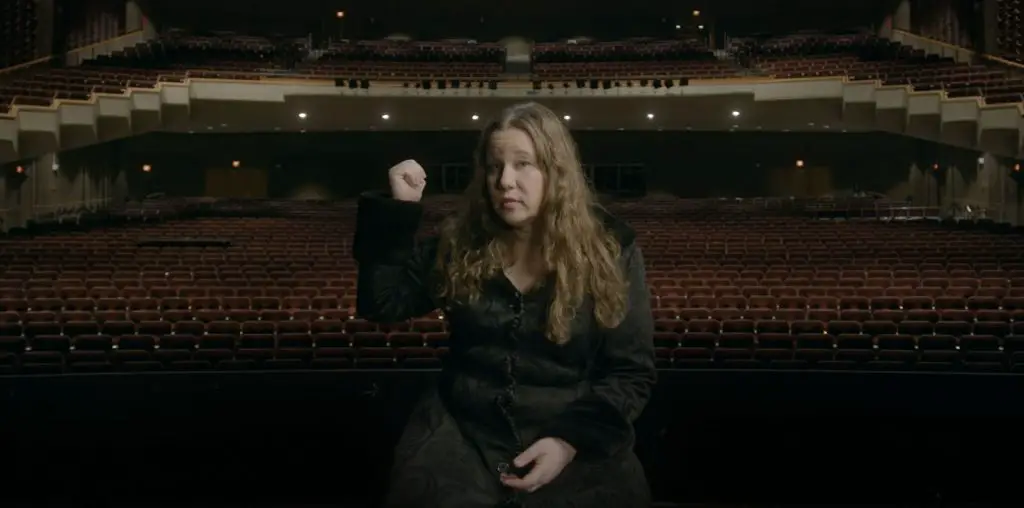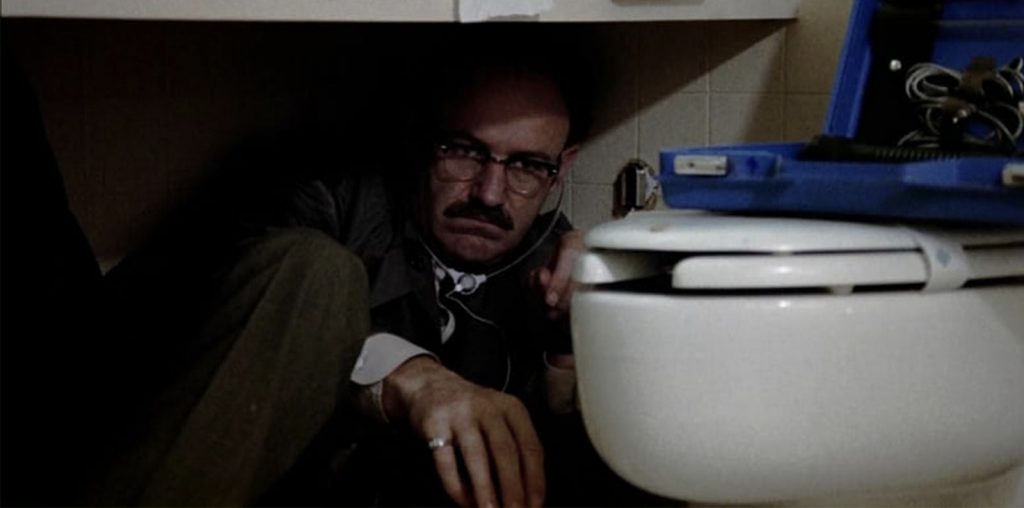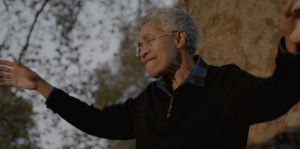
Beverly Glenn-Copeland came at life from many different directions, but always as an outsider. Attending the McGill music academy in Canada as one of the only black students, one of the only gay students, and with a proclivity always toward the unusual, Glenn-Copeland was a soft-spoken trailblazer, not from any desire to be a revolutionary, but out of sheer necessity.
Documentary Keyboard Fantasies: The Beverly Glenn-Copeland Story, directed by Posy Dixon, surfaces the gently intense experiences of a musician, a trans man, and artist, who, late in life, has seen his time come to be recognized at last. At least he is appreciated now by the small audience who’s found him.
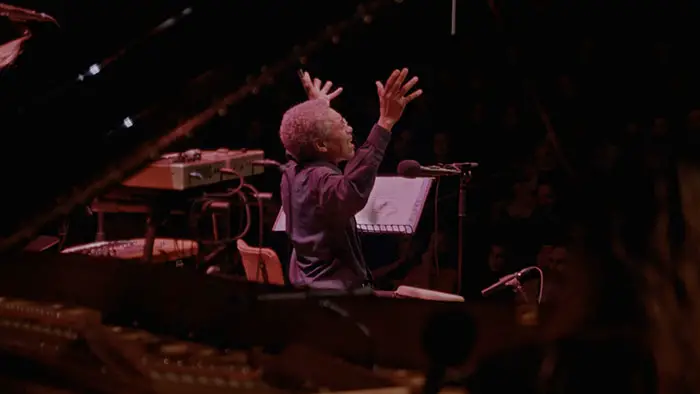
“…a soft-spoken trailblazer, not from any desire to be a revolutionary, but out of sheer necessity.”
In the ’60s, early days, there were two things Glenn-Copeland didn’t know: one was how powerful the advent of computer electronic music would be to his life and his music, and the other was that born appearing to be female, he was in fact, a man.
As a woman, Glenn-Copeland identified as Lesbian in a time when homosexuality was illegal. The cultural revolution raging all around, Glenn-Copeland marinated in the changing times and soaked it all in, later to route this emotion through his connection to nature to build tunes and sounds that soothe.
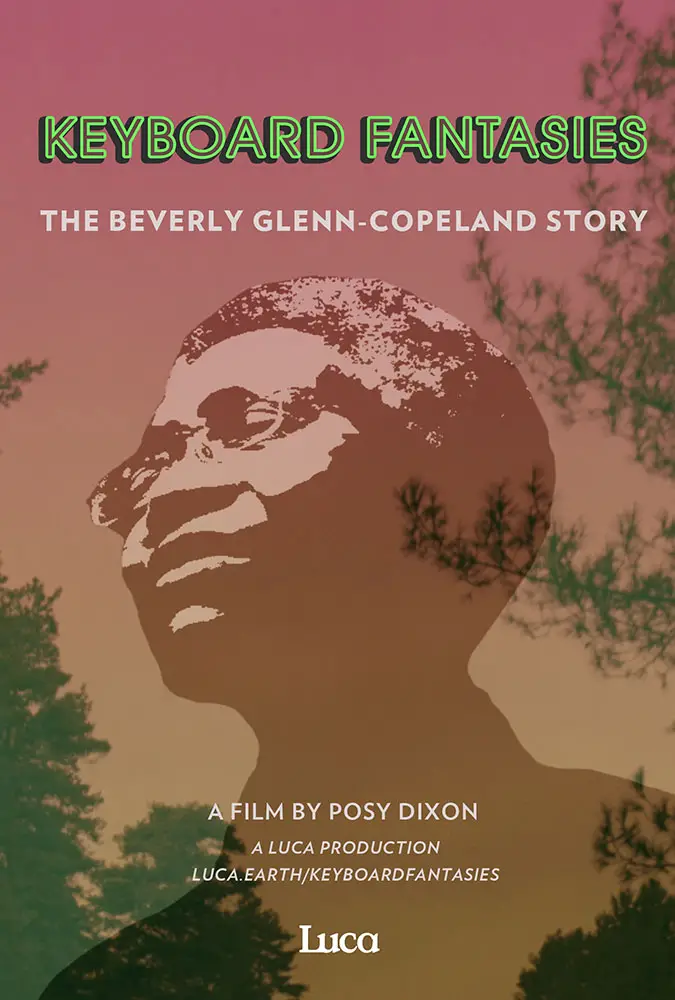
"…wrote and self-released an album of electronic music called Keyboard Fantasies on cassette tape in 1986"
